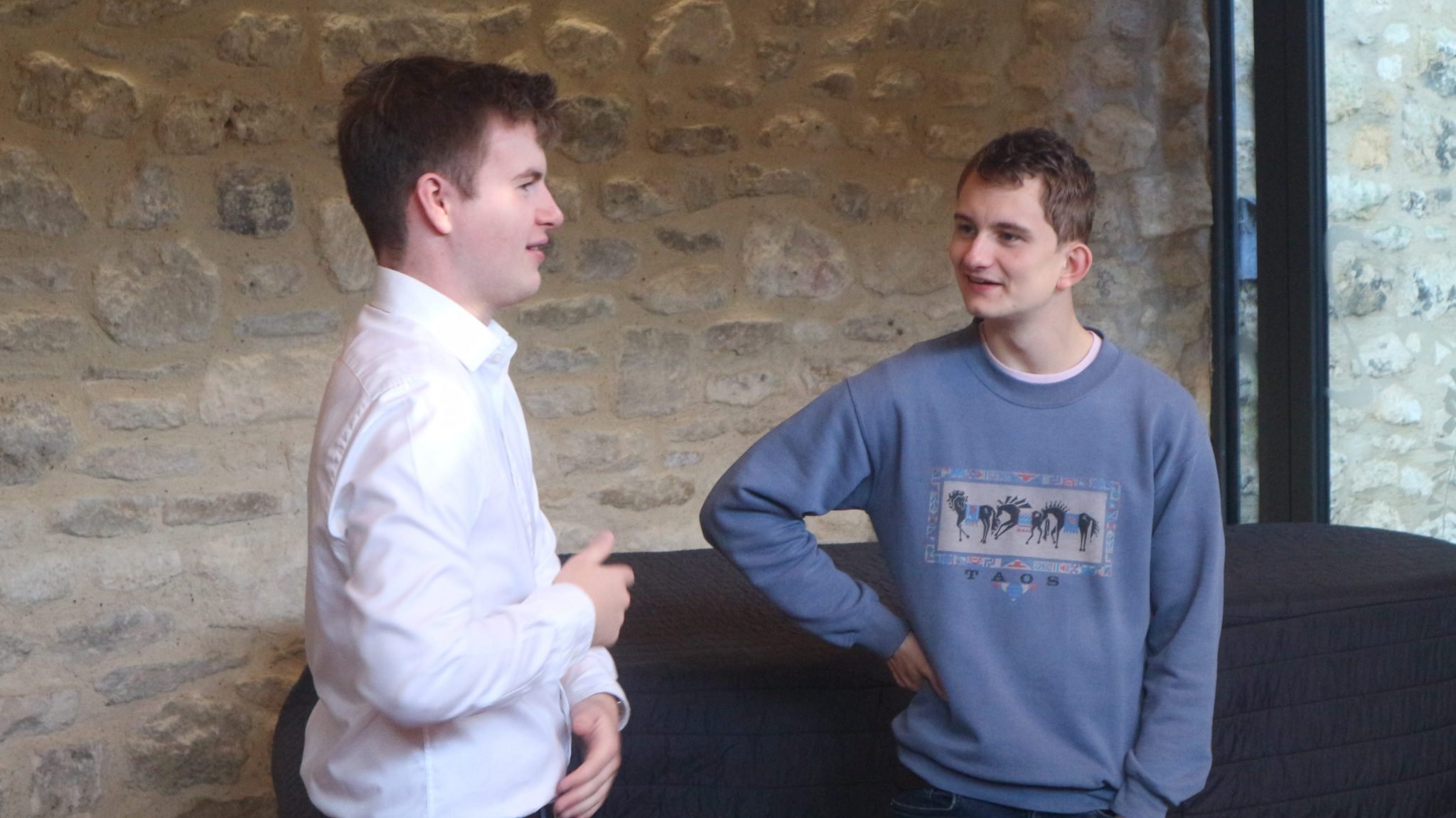In a single book published in 1610 Galileo Galilei demonstrated the first observations of spots on the Sun, mountains on the Moon, phases of the planet Venus, the stars of the Milky Way, and the four moons of Jupiter. To a people that had long thought the Moon to be the only moon and the Sun, like all heavenly bodies, to be without spots or blemishes, this book was revolutionary. Velvet Vest Productions will retell the story of Galileo, his moons, and his world in Life of Galileo, opening Thursday, 31 October at the Keble O’Reilly Theatre.
This original translation of the 1939 play by German playwright Bertolt Brecht follows Galileo and his friends as they risk life and love for a novel vision of the world. As historical fiction, Life of Galileo focuses not only on themes of truth and belief, but also on the commercial and emotional cost of science. This Galileo is a refreshing break from the recently popular image of the cold, removed genius (e.g. Benedict Cumberbatch’s Sherlock Holmes or Alan Turing), and yet scientific progress demands its sacrifices. While Galileo may try to save his friends from the plague, for instance, his devotion to his studies ultimately demand those he loves to commit extraordinary sacrifices. These sacrifices provide an emotional undercurrent that can be felt even in the intellectual debates between Galileo and his contemporary scholars.
The performance has a minimalist, small troupe feel to it with each of the twelve actors and actresses flitting in and out of scenes, androgynously taking on a host of different characters. The actors never fully leave the stage, rather they are always lurking in the wings as if to represent the eyes of history trained on Galileo’s critical life and trial. Costuming, staging and props are also minimal, with clever uses of technology and art to convey the story visually without distracting from the emotional and intellectual significance of the text.
One wants to pay attention especially to the text in this performance. The Brecht estate has authorised this never before performed translation of the German original. The translation was completed by a team of eight students, led by Caroline Wallace and Director James Murphy. Not only did this team translate the prose lines, they also undertook the more daunting task of translating Brecht’s original poems which introduce each new scene. These poems were then put to an original musical setting written particularly for this performance by Sam Woof McColl. The result is a series of beautifully performed short choral pieces punctuating and emphasising the larger narrative arch.
In a sense, this production of Life of Galileo feels very Hellenic. Each player’s multiple androgynous roles, their dramatic painted faces, the choral interludes all are vaguely reminiscent of the ancient Greek tragedies. Yet, the use of electric orbs to simulate models of the universe, of projections in place of traditional stagecraft, of stagecraft dominated chiefly by a single, white curtain all seem wondrously modern. It seems fitting that Galileo’s tragedy should be presented in such a confluence of ancient and modern; his own ideas were simultaneously harkening back to ancient Greek heliocentric models of the universe while paving the way towards modern astronomy, physics, engineering, and the Scientific Method as we know it today.
The relevance of Galileo’s trial against the those who refuse the evidence of their own eyes seems all too obvious in the current day of climate change deniers and flat-earthers. Yet, Life of Galileo invites us to look deeper at our quest for knowledge, to ask serious questions about the cost of science and who pays it. It’s a wonderful combination of art and science, of the past and the present, and is well worth seeing.



